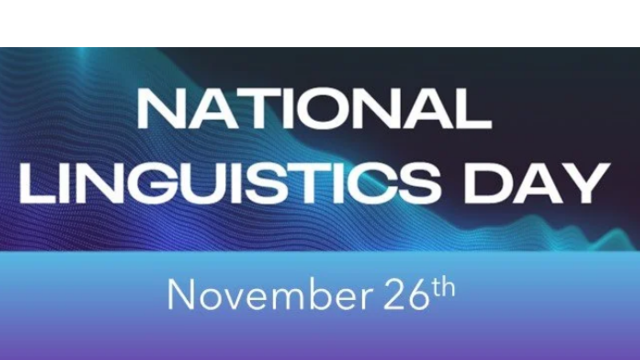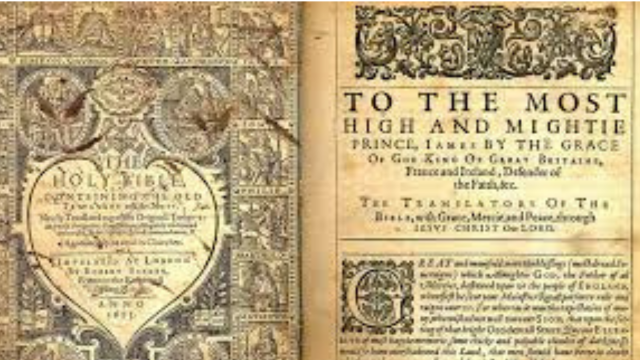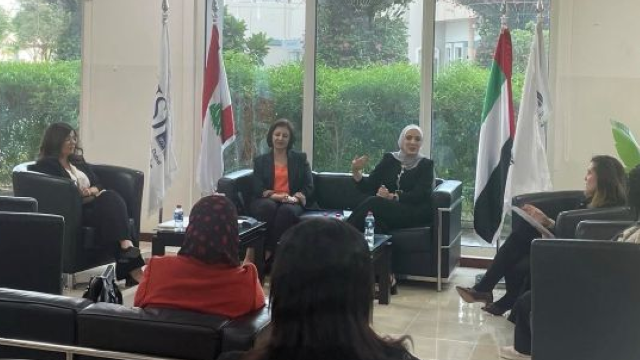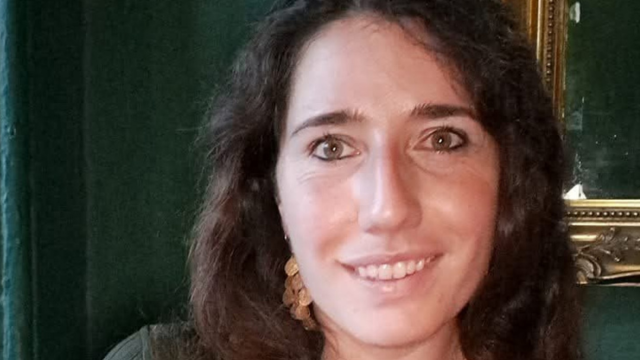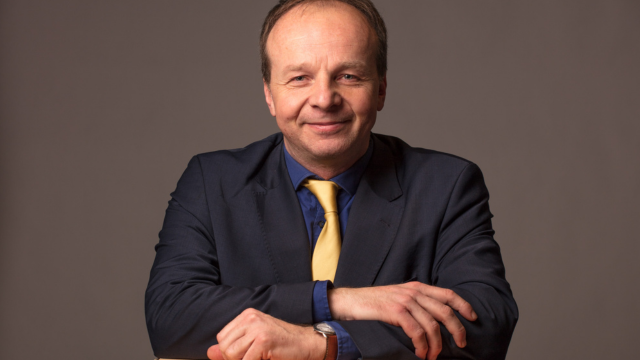-
QUALIFICATIONS
- For Linguists Worldwide
- For UK Public Services
- Preparation
- Policies & Regulation
-
MEMBERSHIP
- Join CIOL
- Professional Membership
- Affiliate Membership
- Chartered Linguist
- Already a member?
- Professional conduct
- Business & Corporate Partners
-
LANGUAGE ASSESSMENTS
- English
- All Other Languages
-
EVENTS & CPD
- Webinars & Events
- CIOL Conferences
- Networks
- CIOL Mentoring
-
NEWS & VOICES
- News & Voices
- CIOL eNews
- CIOL Awards
- The Linguist Magazine
- Jobs & Ads
-
RESOURCES
- For Translators & Interpreters
- For Universities & Students
- Standards & Norms
- CIOL & AI
- All Party Parliamentary Group
- In the UK
- UK Public Services
- Find-a-Linguist
A united stand on Certified Translation
By Dr Mariam Aboelezz

Before I moved to the UK 16 years ago, I used to work as a legal translator in the UAE. I was a ‘sworn’ translator; that is, I had passed rigorous examination and taken an oath at the UAE Ministry of Justice to allow me to provide certified translations. It is a professional practice found in many countries to ensure the quality of high-stakes translations and the accountability of the translator.
It was therefore only natural when I relocated that I sought to understand the process for becoming a sworn translator in the UK. I soon found out that no such process existed. Not only that, but the provision of certified translations was arbitrary at best. I was astonished to learn that essentially any translator could self-certify their translation! As my co-Council Member, Vasiliki Prestidge, explains, advice and expectations around certified translations vary greatly, and it’s often left to the client to navigate the labyrinth of confusing (mis)information.
The lack of a regulatory framework leaves certifications liable to abuse, to the detriment of both the client and the translation profession – the former potentially suffering mis-sold or poor services, and the latter undermined by conflicting advice and practices.
Yet the lack of standards for certification does not preclude the need for it. Certification provides assurance of the qualifications of the translator and the quality of the translation. It also provides protection for the client by clearly setting out the liability of the translator. However, this formula is only effective if it is coupled by a framework for professional recognition, where the translators providing certified translations can only be drawn from a pool of qualified specialists with attested language skills and a verifiable commitment to a professional code of conduct.
This is where professional bodies come in. The recent joint commitment by CIOL, the Institute for Translation and Interpreting (ITI) and the Association of Translation Companies (ATC) to endorse each other’s members and each other’s guidance for certifying a translation is an important step towards harmonising best practices around the certification of translations in the UK.
This united position from the three most prominent professional bodies for translators and translation companies in the UK improves the standing of the entire profession. It brings much-needed clarity to a deregulated market by providing a reference point for clients and, one would hope, future policymakers. It also gives qualified translators a sense of respect for their professional status, and highlights the value of professional memberships.
My frustration at the lack of regulations for certified translation, when I set out to resume my translation career in the UK, resulted in my resolve to seek professional accreditation as soon as possible. I sat my CIOL DipTrans exam within weeks of arriving and have been a CIOL Member ever since. My career has taken many shifts and turns over the years, but the logical conclusion I came to then is truer than ever today: if a client wants to be confident in a certified translation in the UK, they will seek an accredited member of a professional body.
Dr Mariam Aboelezz MCIL CL is a member of CIOL Council, a Lecturer in Arabic Translation at UCL and a Translation Specialist at the British Library.
Read her full Council biography here.
Views expressed on CIOL Voices are those of the writer and may not represent those of the wider membership or CIOL.
Filter by category
More
The Chartered Institute of Linguists (CIOL), Incorporated by Royal Charter, Registered in England and Wales Number RC 000808 and the IoL Educational Trust (IoLET), trading as CIOL Qualifications, Company limited by Guarantee, Registered in England and Wales Number 04297497 and Registered Charity Number 1090263. CIOL is a not-for-profit organisation.


